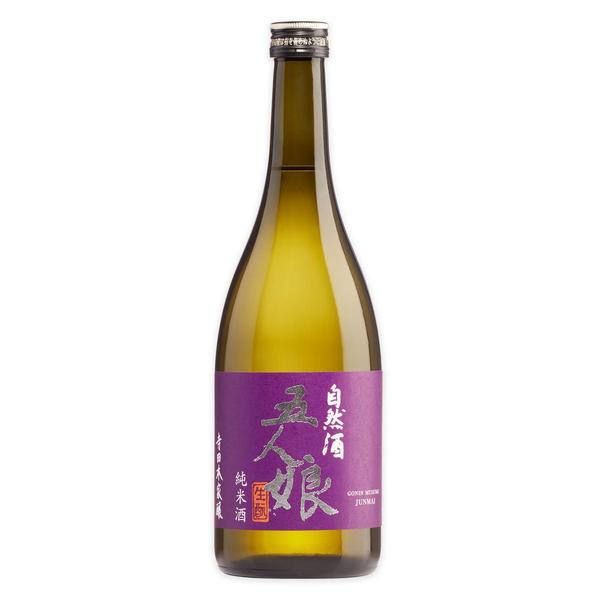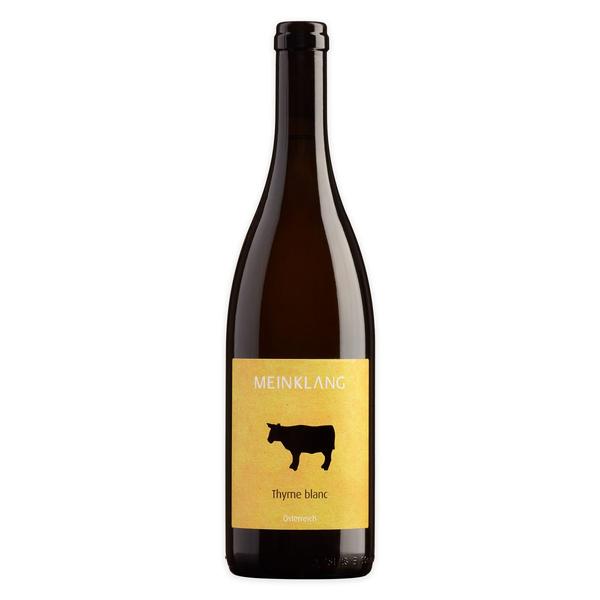"Beats Flex-fragment design special edition" is now on sale on Apple's official website
11/03/2022

Send
1コメント1件Natural Liquor "five daughters-Terada Honjia". PHOTO:TARO TERASAWA (C) 2021 Patagonia,Inc.
On December 9, Patagonia ProveJones, the Patagonia food business, will launch the natural wine "five daughters-Terada Honda" and the Austrian natural wine "Estalesh-Mainkrau". This is the first time the company has sold Japanese wine and will also sell it in the United States. Japanese wine is sold in direct stores and our EC website, while wine is sold on our EC website. [photo] Patagonia launches Japanese wine and wine with environmentally renewable agricultural methods and traditional brewing methods
The "five daughters" is the Terada Honda family, founded in 1673 in Kenzaki-cho, Chiba Prefecture, and is brewed with Tibetan bacteria in all processes. The rice used, in addition to the local production of rice "Jinmeishan", the "Yueguang" used by the Pingkou Agricultural Future Research Institute in Fengoka City, Hyogo County, is cultivated in agriculture to cultivate stork Kakemai. The degree of unfiltered alcohol is 15% and the price is 1650 yen (720ml).
PHOTO:NIKLAS PELTZER,Meinklang Farm (C) 2021 Patagonia,Inc. "Estaleshi-Mainkrag" vineyard.

The Terada family used local rice and spring water to make famous wines. Although it adopted the modern industrial fermentation technology that swept the Japanese wine industry in the mid-20th century, it returned to the traditional brewing method more than 30 years ago. In addition, among the local rice cultivated without pesticides and fertilizers, only the water gushing from the shrine of Kenzaki is used to wash the rice and soak it. In the process of continuous fermentation from the Edo period, the collection warehouse and Aspergillus lived in the warehouse where the fermentation was prepared with charcoal, and the use of Aspergillus was self-cultured. In addition, the Pingkou Agricultural Future Research Institute, which produces "Yueguang", is a Patagonia farmer who invests in solar energy sharing and is committed to environmental renewable farming.
Meinklang of Pamhagen, Austria, which produces Estalesh, will grow hand-picked grapes on the world's second-largest biologically dynamic farm, using no added yeast and only natural yeast to ferment and ripen. Demeter certification (proof that it is a product produced using biodynamic agricultural methods).
"Estalesh-time Bran" uses Pinot Bran and time, the gorgeous taste of citrus, plus the vanilla flavor of time, refreshing taste. It is said that it is best for salads made of simple vegetables, scrambled eggs and grains. "Estanhi-Luoze" is retro, with dark fruit and flower-scented black tea flavor, refreshing and spicy taste. It is said to be most suitable for bacon or canned fish, or for a loose lunch. The price is 2970 yen (750ml) and the alcohol content is 12%. The bottle only adds a very small amount of antioxidant sulfite before bottling without clarification and filtration.
Anna Lisa and Warner Mishlitz, the founders of Mainclag, will work with their three sons to restore the biodiversity of the place. In the 19th and 20th centuries, shallow lakes and marshes, which were fertile soil, but because of industrialization, the regenerative farming methods of the Mishlitz family are said to have restored final productivity.
最終更新:WWDJAPAN.com